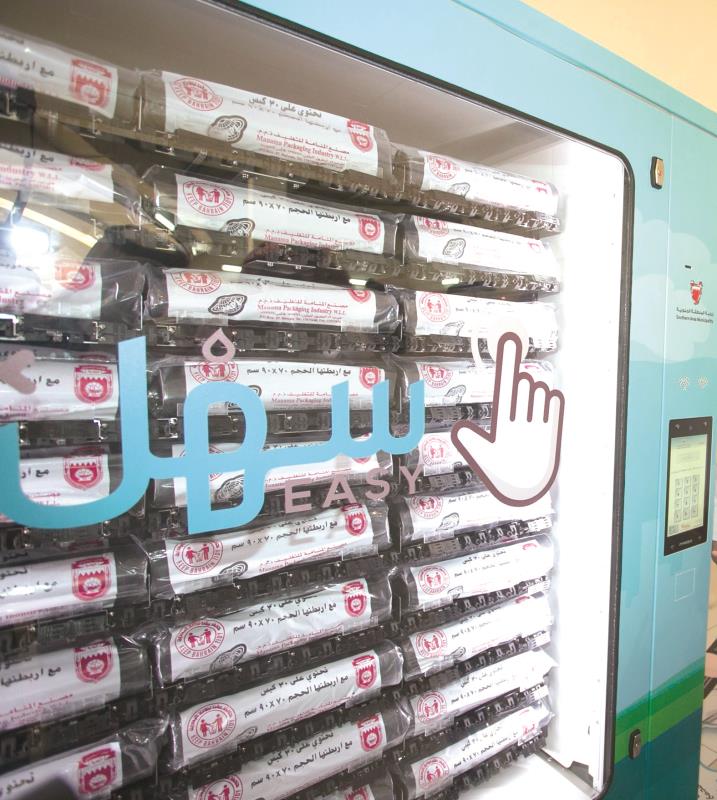
A new study in Bahrain is exploring whether self-testing for cervical cancer is as effective as the traditional clinician-collected Pap smear, aiming to provide women with an alternative, more accessible screening option.
Royal College of Surgeons in Ireland (RCSI) – Medical University of Bahrain family medicine associate professor Ghufran Jassim revealed that few women currently request traditional Pap smears due to a lack of education, awareness or embarrassment about how the sample is taken.
A Pap smear, or Pap test, is a procedure to screen for cervical cancer by collecting cells from the cervix to be examined under a microscope for abnormalities. While quick, some women experience discomfort.
While most human papillomavirus (HPV) infections clear on their own, a persistent infection with high-risk strains such as HPV-16 and HPV-18 can cause cellular changes that may lead to cancer over time.
Early detection can saves lives. When cervical cancer is diagnosed at an early stage, the five-year relative survival rate is 91 per cent. When cervical cancer is diagnosed after it has spread to nearby tissues, organs, or lymph nodes, the five-year relative survival rate is 60pc.
“There has been a significant shift towards HPV primary screening and the availability of self-testing options in many countries,” said Dr Jassim. “Self-testing aims to improve accessibility and reduce barriers, such as fear or discomfort during a pelvic exam, while using HPV as a more direct marker for early detection and prevention.”
https://www.gdnonline.com/Details/1368046/Efficacy-of-self-testing-for-cervical-cancer-in-spotlight









































































